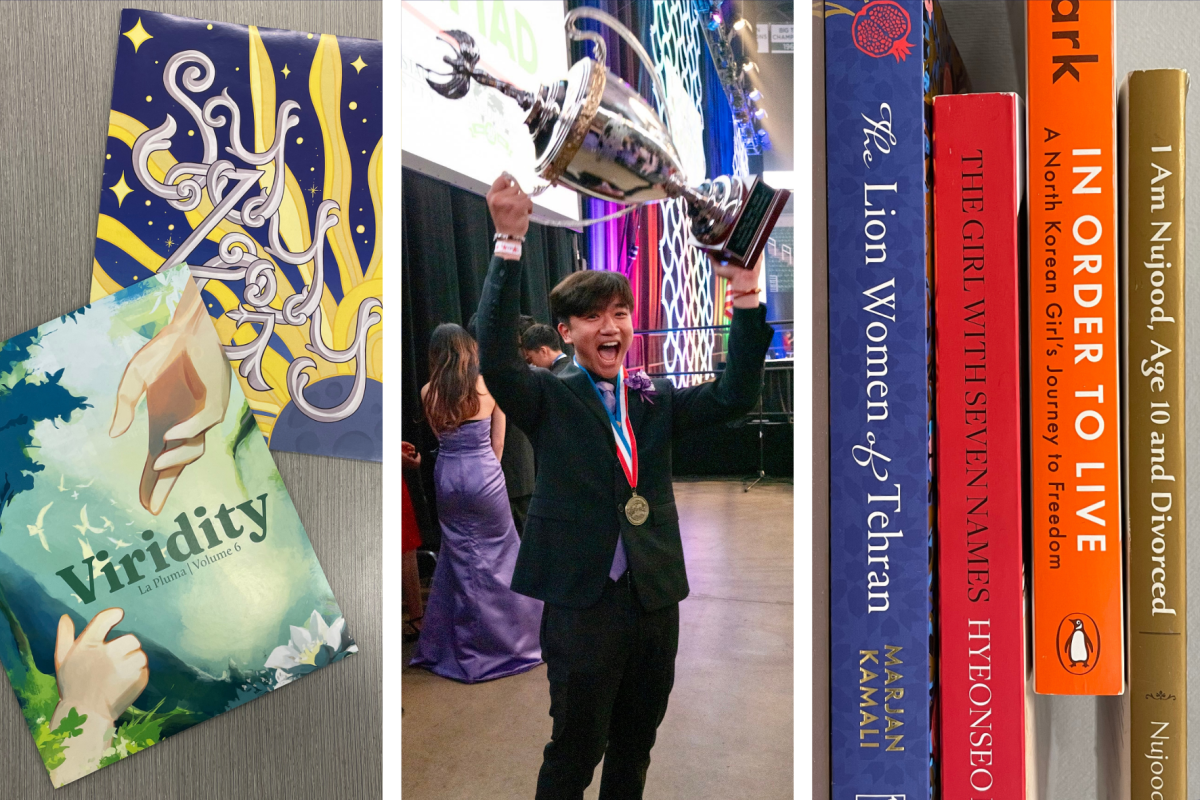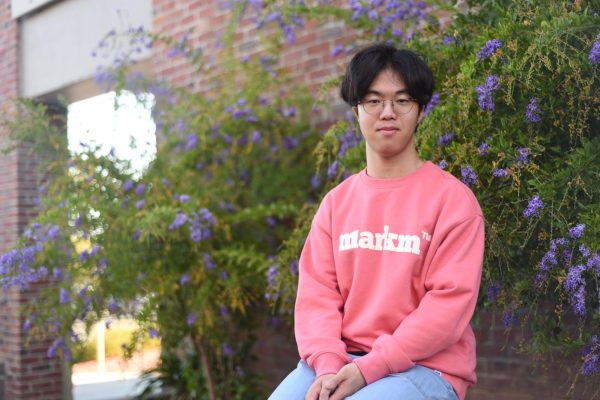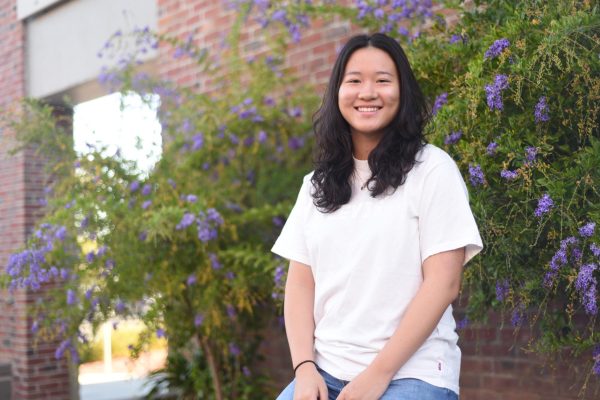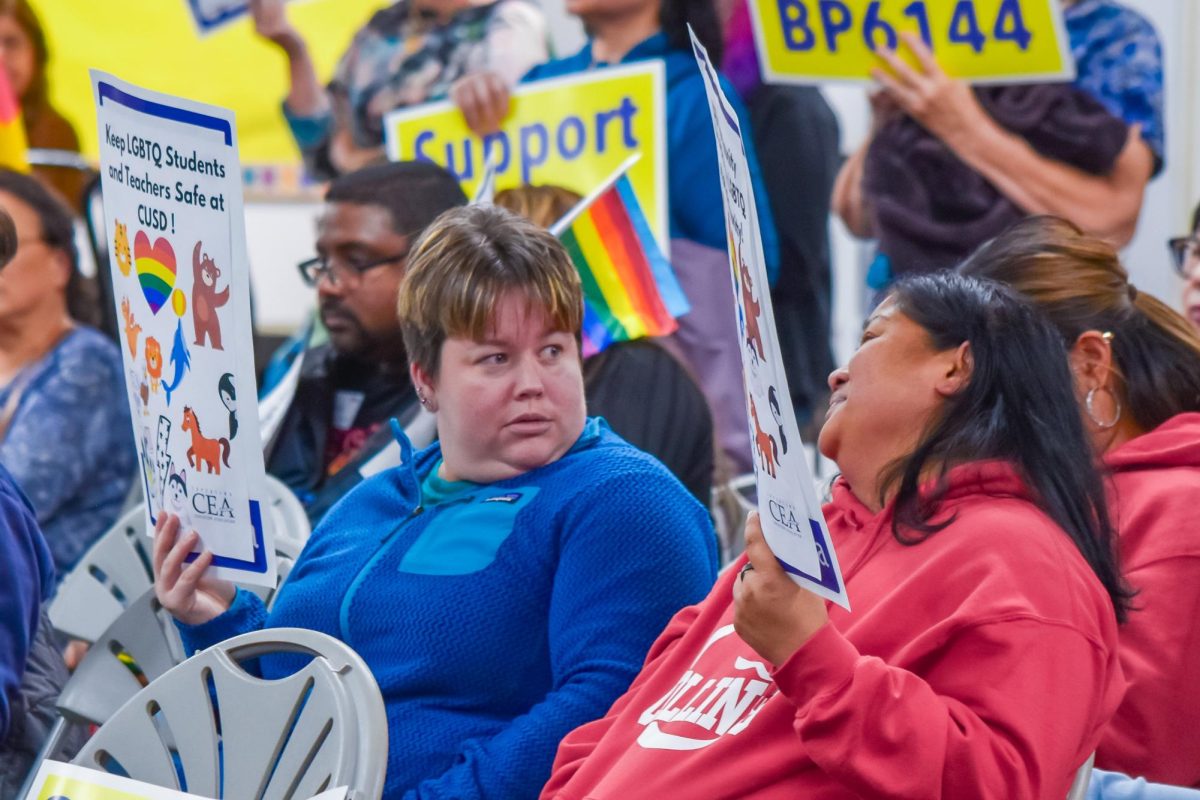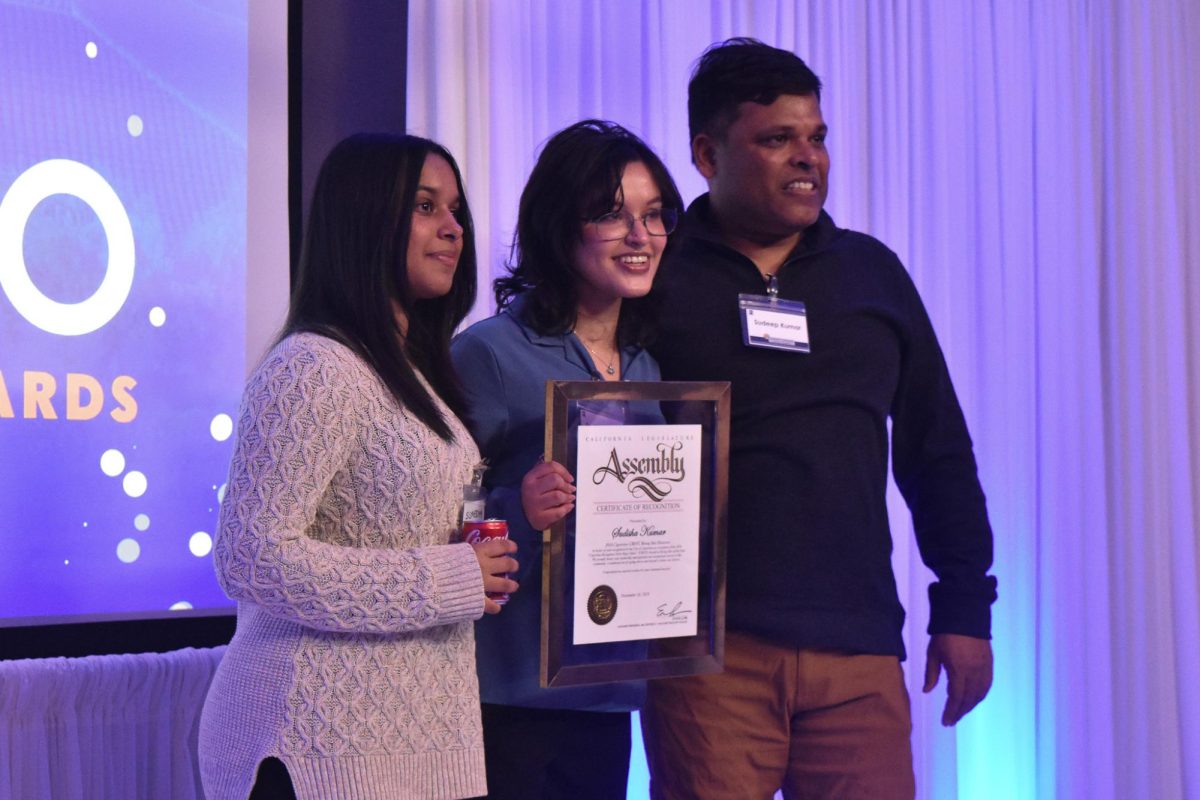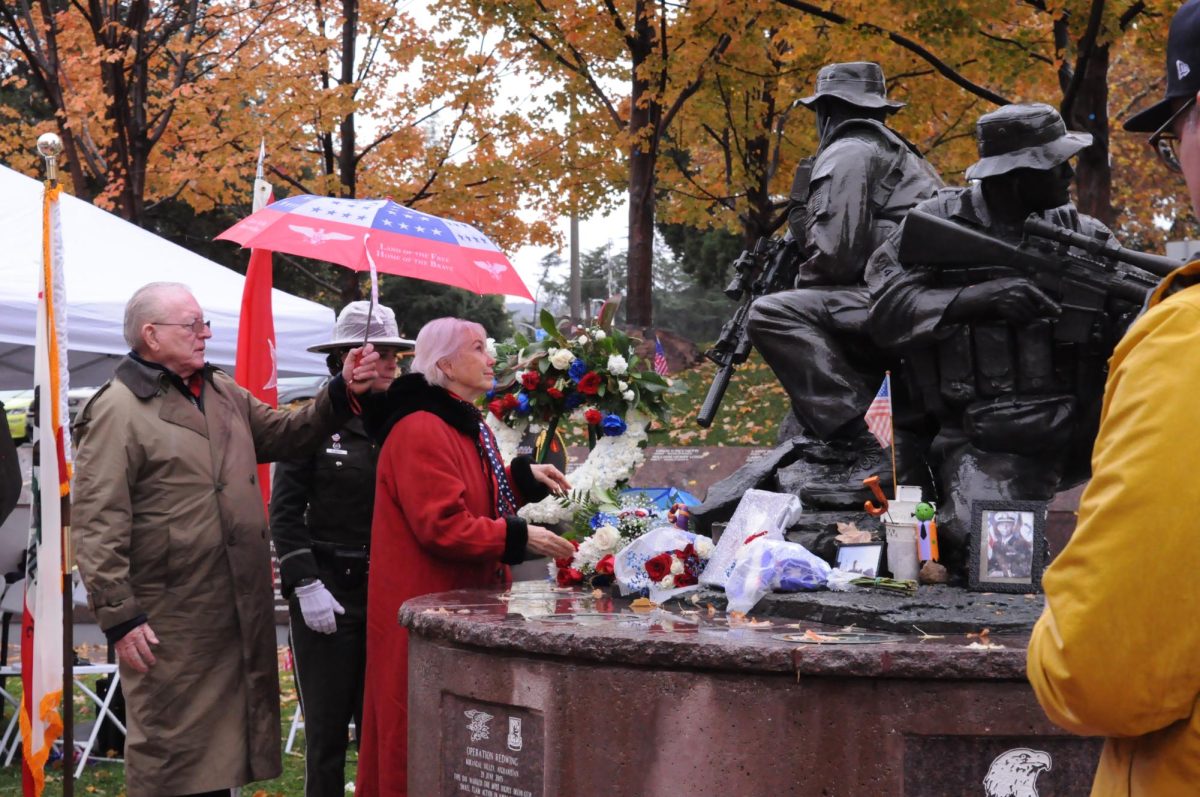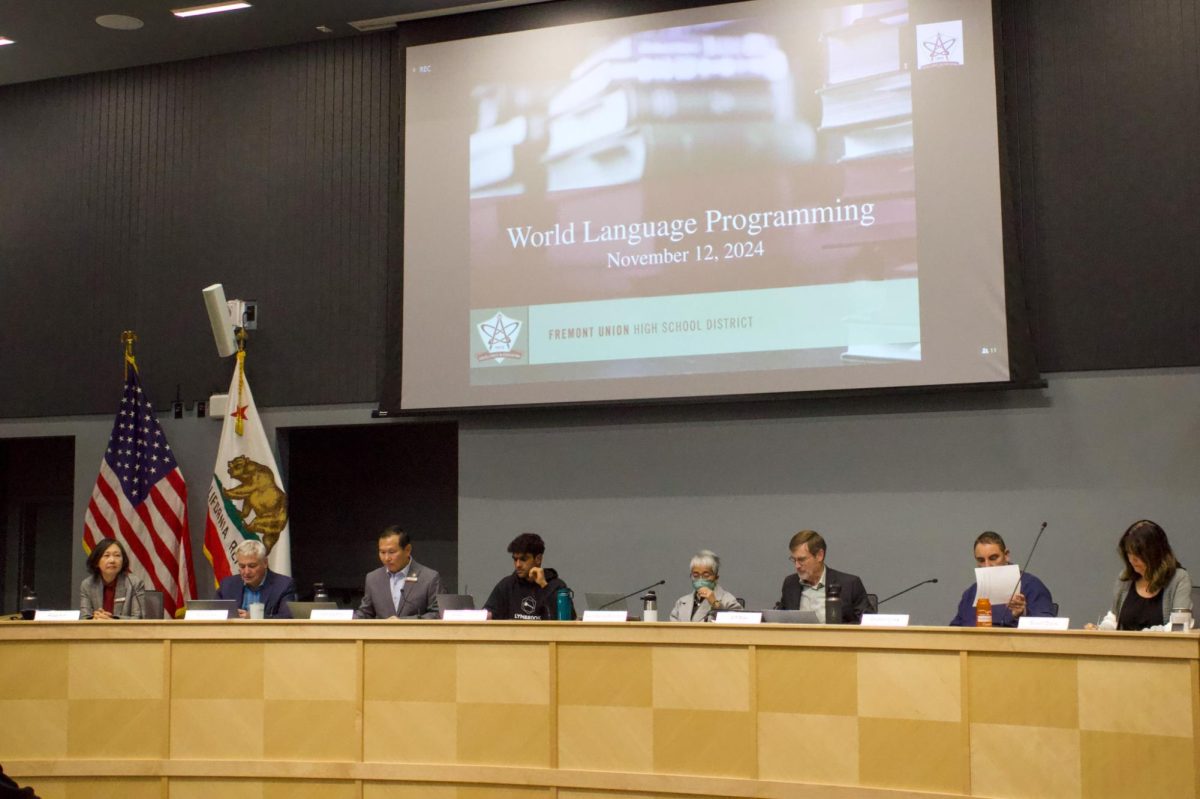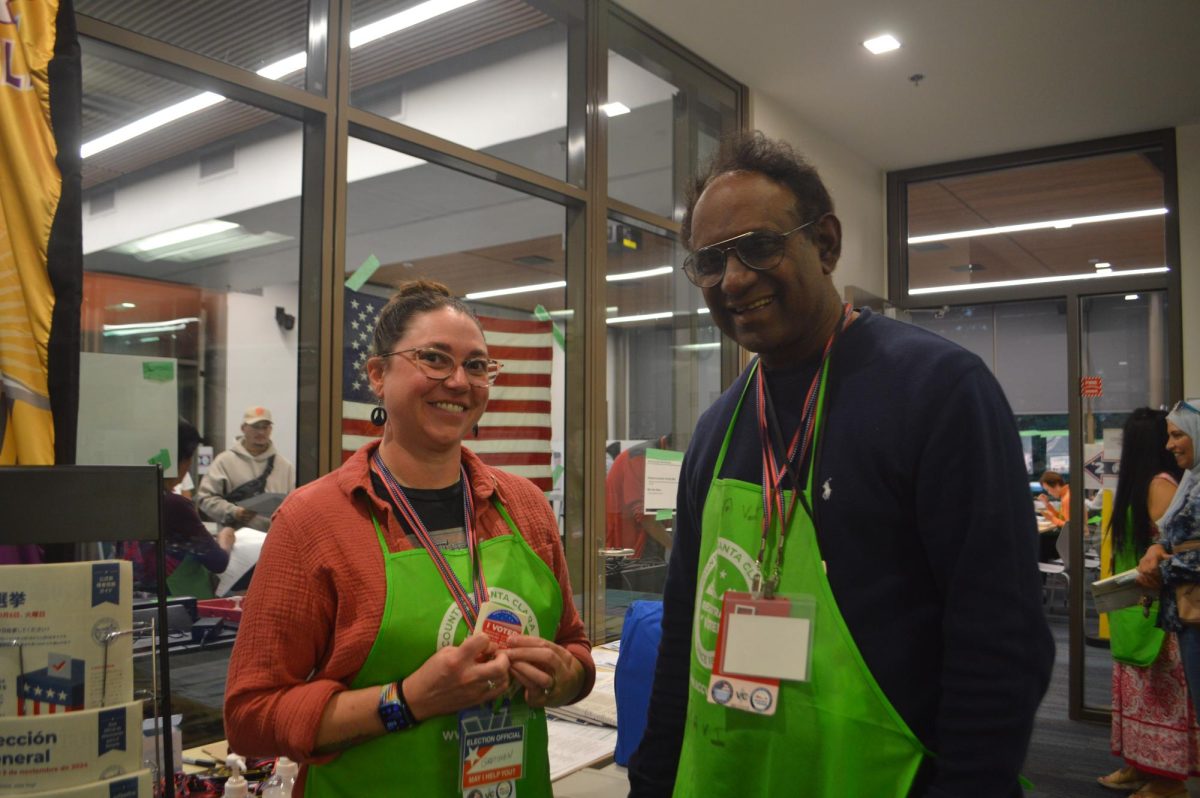The Parent Teacher Student Association (PTSA) awarded four grants in October to support several initiatives and classes at the school, including the class World Literature and the clubs Science Olympiad and La Pluma.
The grant approval process began on the PTSA website, where applicants filled out a set of questions describing how the funding would benefit the student body. PTSA’s Vice President of Grants Li Lin then reviewed the applications with the school principal and brought their combined recommendations to the monthly meeting with the PTSA Executive Board and committee chairs to be approved. In the past several years, the $5,000-$7,000 annually allocated specifically for grants has mostly been funded by community donations, membership fees, parents, staff and students.
English teacher Shozo Shimazaki, as well as English teachers Jireh Tanabe and Sara Borelli, applied for the grant to add “The Underground Girls of Kabul: In Search of a Hidden Resistance in Afghanistan” to their Spring unit, “Women in Life and Literature.” Shimazaki noted that since the Taliban regained control in Afghanistan, stories of girls that are living under the oppressive regime are often buried amongst the chaos they live in.
“We want to make sure those unique stories are showcased by continuously finding stories that are very well told and captivating,” Shimazaki said. “We’re featuring the voice of women in the unit, so students will also interview an adult woman and present their journey in life. Given how the election went, I think it just speaks to how much we want all voices heard equally.”
Shimazaki says that this money has historically been influential in keeping the English curriculum updated with current events, which helps both English teachers and students alike.
“It’s just great that there are these opportunities,” Shimazaki said. “I’m very thankful for these grants because sometimes the process of getting and improving books is a lot more cumbersome. Ultimately, the students appreciate that there’s something so current in the curriculum. For us teachers, we are more motivated to teach if we keep having fresh material.”
Similarly, MVHS’ national award-winning literary and art publication, La Pluma, hopes to achieve a similar goal. As a student-organized club, La Pluma gives students the opportunity to publish prose, poetry and art through their biannual magazine.
Senior and La Pluma Co-Editor-in-Chief Ashley Kwong says the money from the grant has been helpful in supporting their work to run the literary magazine and club. Additionally, the extra funding allows the club to divert more resources to events like their annual open mic in March, where La Pluma and Lynbrook’s literature magazine, Vertigo, gather to showcase their staff’s work. For students like Kwong, a literary and art club funded in part by the PTSA grants empowers them to pursue their crafts.
“I felt thrilled that the entire magazine building process, from writing to compiling, came together and that it was being showcased in the magazine in such an aesthetic way,” Kwong said. “Being a part of the community in that way makes me happy that I could do this in my high school career.”
The other club to receive the grant, Science Olympiad, will use the money to partially fund their material costs for building prototypes in their engineering sector. At each competition, there are approximately five engineering events that students can participate in, including “Tower” and “Scrambler.” To prepare for such events, senior Sunny Yao — Science Olympiad Co-President and PTSA Student Representative — says that they use the funds from the grant to build prototypes during practice.
“Scrambler is very material intensive, because you have to build a vehicle, which requires carbon fiber and axles that need metal,” Yao said. “We also need to build a frame for it, which uses a lot of aluminum and other building supplies. We usually build one device and then we compete with it for the entire year, but throughout that process, there’s a lot of prototyping. So there’s often multiple versions of one device, which is why it costs so much.”
Due to the high cost of materials, many of the students who join Science Olympiad donate hundreds of dollars to fund each prototype. Yao says the grant has been helpful with mitigating the cost, lessening the burden for club members who otherwise would need to pay higher out-of-pocket expenses for participation. The extra funding has allowed the team to build more prototypes for their competitions, granting the team support and the luxury to focus more on their performance.
“We definitely feel a lot more confident about our competitions now that we have more support from the school, because we have the funding to build an adequate amount of prototypes so we are prepared for the competitions,” Yao said.
In addition, PTSA president Xi Cheng hopes to help the grants reach a wider audience by downsizing the award amount, changing the grant criteria from awarding thousands of dollars per program, to $250 for student clubs and $500 for teachers.
“We want to have more people benefiting from the PTSA grants,” Cheng said. “We’re not very rich, but it’s more meaningful when a different source can actually support a student organized club. We encourage all the student clubs to apply, but not many do. We also like to encourage the clubs to fundraise as well, and so we can match whatever funds they’ve already raised. This way, we are not just giving people money, but supporting their efforts.”
Yao says many of the student representatives are exploring new methods to help the grants gain more traction within school communities with help from the PTSA student marketing branch.
“We’re trying to raise awareness for these grants, because it’s a good way for teachers to pay for their own classroom supplies, such as books and other materials,” Yao said. “I’ve also gone to teachers and told other student representatives to tell their teachers about the grants as well, hoping that they would apply.”




